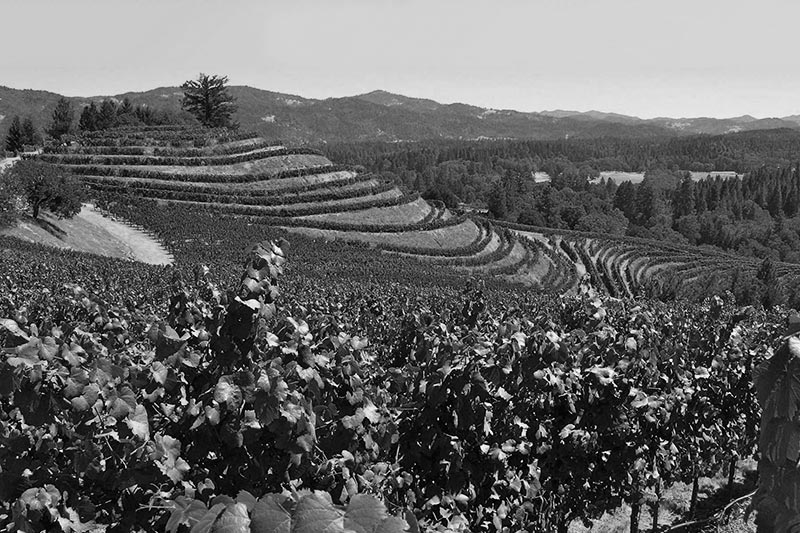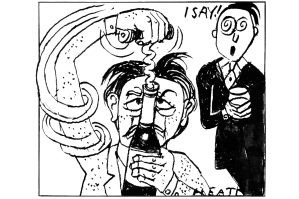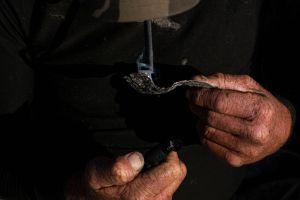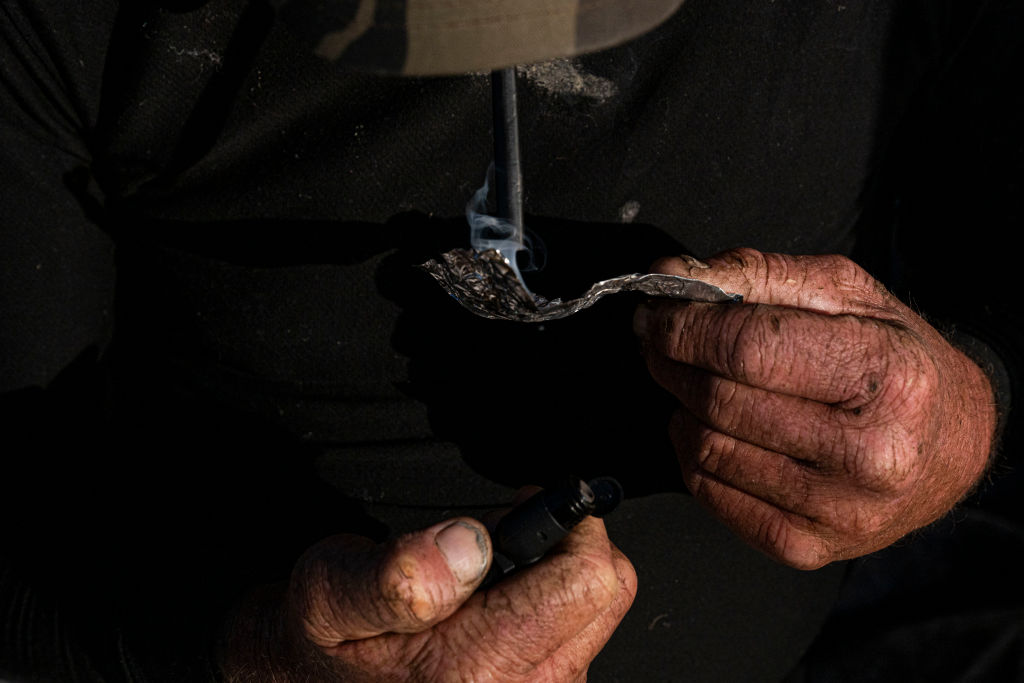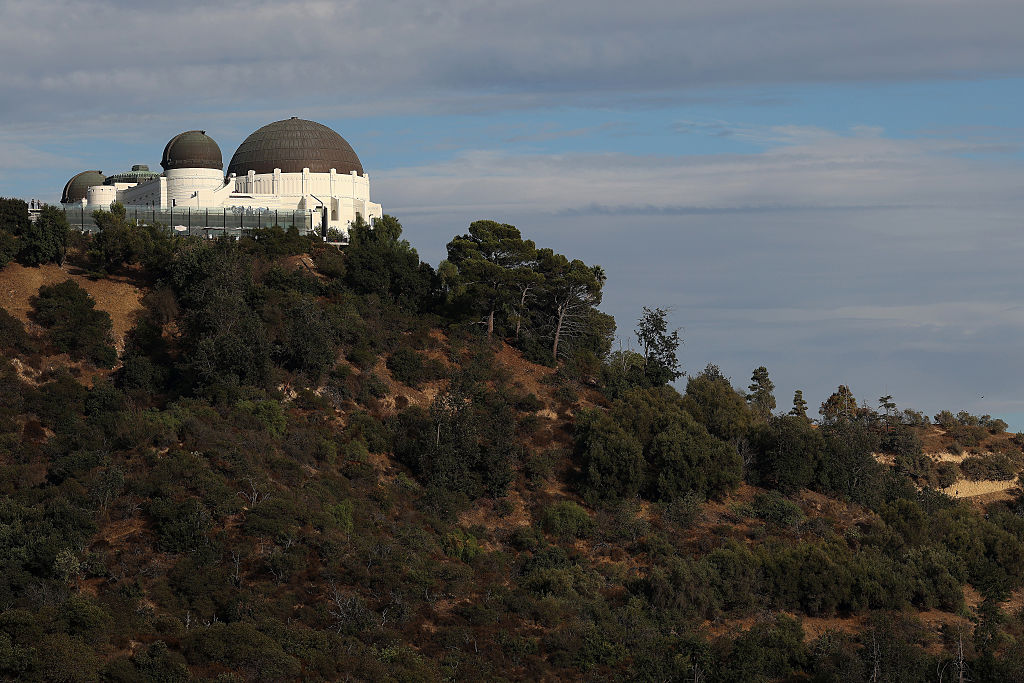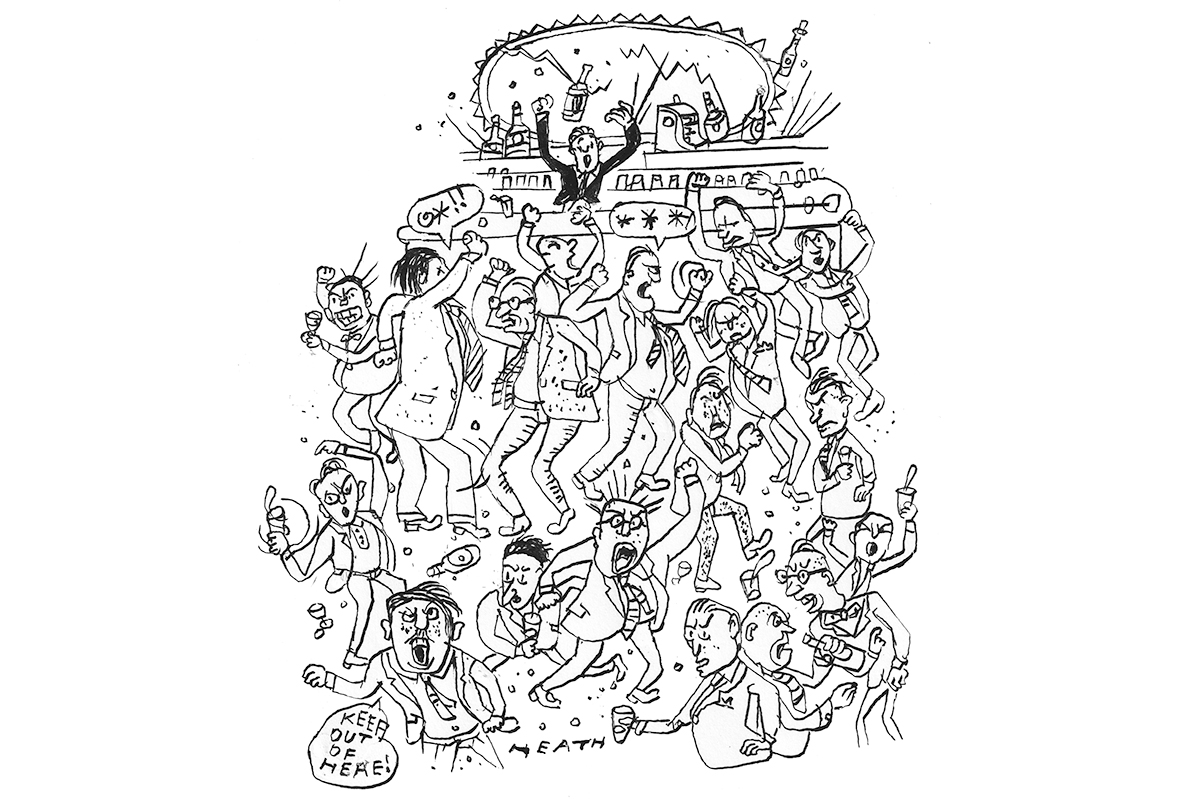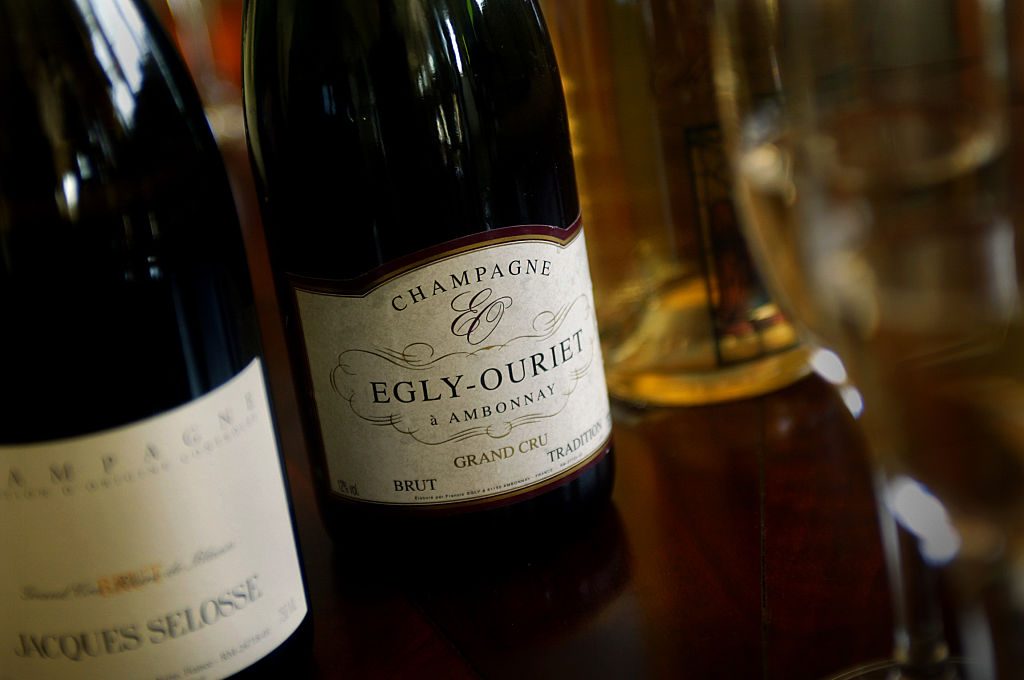This article is in
The Spectator’s November 2019 US edition. Subscribe here.
Cyril Connolly famously opined that every young man of spirit wants to do two things: start a magazine and start a chicken farm. That’s about half right, I think. It would have been more accurate if he had included a true, if often unspoken, heart’s desire: to be a wine critic.
Do you know anyone — anyone you still speak to, I mean — who hasn’t wanted to be one? Every Sunday, my family and I participate in an august ceremony that extols a beneficent God through whose ministrations we accept the gift of vinum…fructum vitis et operis manuum hominum: ‘wine… fruit of the vine and the work of human hands’.
Hilaire Belloc caught the spirit of things with his ditty: ‘Wherever the Catholic sun doth shine, / There’s always laughter and good red wine./ At least I’ve always found it so. / Benedicamus Domino!’
Well, sometimes it’s white wine, but you get the point. I promise to go easy on the Latin (and the Catholicism) in this column, but since it’s my first, I thought I should leave a sort of rhetorical calling card. A distinguished predecessor (Waugh, Auberon) noted that the best writing about wine is ‘never only or even principally about wine’:
‘The mechanical, chemical, and agricultural aspects of the subject take a back seat to the gustatory achievements of the vintners, and even that aspect of the job, shot through with subjective elements, is really only compelling to the extent that it illuminates the larger human drama in which the consumption of wine takes place.’
That is exactly right, and I shall in these monthly missives endeavor to live up to the task of illumination while not neglecting the drama or (it should go without saying) the consumption. Which brings me to this month’s offering, Pax Mahle’s Griffin’s Lair Syrah from 2015.
A thoughtful providence steered this delicious wine to me to taste on behalf of the eager, discerning readers of The Spectator. Anyone reading this column understands that good wine, like The Spectator itself, may seem to the unenlightened a superfluous ornament to life. But you, dear reader, know that this is a philistine attitude, unbecoming anyone who has absorbed that great truth from the Book of Genesis, ‘And God saw every thing that he had made and, behold, it was very good.’ No, wine is an essential armament against that deadliest of sins: acedia, boredom — or, as St. Thomas Aquinas explained, tristitia de bono spirituali, ‘sadness in the face of a spiritual good’.
You could do a lot worse than this lush Syrah (or, if you are an Aussie, Shiraz) from the Petaluma wind gap overlooking the San Pablo Bay in Sonoma, just north of San Francisco. When we think of Syrah, we think first of all of those great Rhône wines in Hermitage. But the grape is an able world traveler. It made, under the name Shiraz, a huge second reputation for itself in Australia with exceptional wines like Penfolds Grange Hermitage (which has a bit of Cabernet for clarity).
Pax Mahle wines — Pax is the chap, his wife is Pam — are almost comically Californian. Echt organic. Everything locally sourced. No chemicals. They claim to tread the grapes by foot (whose they omit to say). And the wine even comes with a tag from Tolkien: ‘Not all who wander are lost.’
Overlook the granola elements of the enterprise. If this Syrah is indicative, the Mahles know what they are doing. Their chief ambition is to let the grape and terroir speak for themselves. The winemakers intrude as little as possible upon nature’s bounty. They don’t add sugar, they don’t filter or fine the wine (accordingly, you might wish to decant even young vintages). What they are after is the ipse dixit of the place and the product.
As a result, the Mahle wines tend to be both representative of their varietal — they also do Chenin Blanc and Gamay, and have their eyes on Grenache — and to bear the distinctive stamp of their origin, their place.
In the case of the 2015 Griffin’s Lair Syrah, this means we have a dark, lush, full-bodied, complex wine, heady and aggressive. Homer spoke of the ‘wine-dark sea’. He could not — but should — have had a Syrah like this in mind. It is one of those wines whose nose can entertain you for a quarter of an hour, and whose first draught is, as Stendhal said of beauty, une promesse de bonheur, a promise of happiness. It is a good thing that it is so delightful, for at $60 or $70 a bottle, its charms, for most of us, will have to include forgetfulness as well as gratification to be wholly successful.
This article is in The Spectator’s November 2019 US edition. Subscribe here.



